In India, the demand for affordable housing has been growing steadily every year. Rising property prices in urban areas have made it difficult for many families to own a home. To address this challenge, the Government of Haryana launched the Deen Dayal Awas Yojna (DDAY), a scheme designed to offer reasonably priced plots and housing options for middle- and lower-income groups.
If you are planning to buy Deen Dayal plots in Haryana, understanding how this scheme works is essential. This blog offers a detailed guide to the Deen Dayal Awas Yojna Scheme, outlining its features, advantages, eligibility criteria, application procedure, and why it is considered a top option for homebuyers in 2025.
What is the Deen Dayal Awas Yojana Scheme?
Introduced by the Haryana Government in 2016, the Deen Dayal Awas Yojana was developed to promote affordable housing and foster balanced urban development.
Under this scheme
- Residential plots are developed in areas with high demand.
- The plot sizes range from 60 to 150 square yards.
- Affordable prices have been fixed compared to market rates.
- An independent registry of floors is allowed.
- Private developers are also encouraged to participate.
Objectives of Deen Dayal Awas Yojna Haryana
The scheme is designed with clear goals that benefit both buyers and the state:
- Affordable Housing: Provide low and middle-income groups with budget-friendly residential options.
- Balanced Urban Growth: Avoid overcrowding in big cities by developing smaller towns.
- Encouragement to Developers: Offer incentives to private builders to create quality housing.
- Transparency: Reduce fraud by ensuring all projects are approved by the government.
Key Features of the Scheme
Here are the most important features that make Deen Dayal Awas Yojana Haryana unique:
- Plot Size: 60–150 sq. yards.
- Affordable Rates: Prices are kept much lower than market rates.
- Independent Registry: Each floor can be registered separately.
- Infrastructure Development: Plots come with roads, parks, and other facilities.
- Incentives for Developers: Developers are given faster approvals and benefits.
This makes the scheme attractive for buyers as well as builders.
Eligibility Criteria
Not everyone can apply under this scheme. Here’s who is eligible:
- Applicants must be citizens of India.
- Middle-income and lower-income groups are preferred.
- Families who do not already own a house in Haryana are prioritised.
- Both residents of Haryana and outsiders can apply for Deen Dayal plots in Haryana.
Documents Required
To apply for the scheme, you will need:
- Identity Proof (Aadhar Card, PAN Card, Passport).
- Address Proof (Voter ID, Driving License, Utility Bill).
- Income Certificate (to confirm eligibility).
- Passport-size photographs.
- Application Form provided by the authority or developer.
Application Process for Deen Dayal Awas Yojana Haryana
Applying for this scheme is simple. You can apply either online or offline.
Step-by-Step Process
- Visit the official housing department website or the developer’s site.
- Complete the application form with all necessary information.
- Upload or submit documents (ID, address, income proof).
- Pay the application fee.
- Wait for the draw of lots or direct allotment.
- Once allotted, complete the registry and take possession.
Areas Covered Under the Scheme
The scheme extends beyond a single city and includes multiple districts across Haryana. Popular areas include:
- Gurugram
- Faridabad
- Sonipat
- Rohtak
- Jhajjar
Among them, Deen Dayal plots in Jhajjar stand out due to their excellent connectivity and increasing demand.
Benefits of Deen Dayal Plots in Haryana
Investing in Deen Dayal plots in Haryana comes with many advantages:
- Affordable Rates: Lower than market prices.
- Government Backing: All projects are officially approved, reducing risk.
- Future Growth: Property value expected to rise with urban expansion.
- Independent Registry: Buyers can sell or rent individual floors.
- Modern Facilities: Parks, roads, and other infrastructure included.
Challenges and Things to Keep in Mind
Although the scheme is highly beneficial, buyers should also be aware of the challenges:
- High Demand: With limited plots available, competition is intense.
- Timely Delivery: Some private developers may delay possession.
Deen Dayal Plots vs Regular Plots
Feature | Deen Dayal Plots Haryana | Regular Plots |
Price Range | Affordable (Govt. capped) | Market-driven |
Plot Size | 60–150 sq. yards | Any size |
Legal Security | High (Govt. approved) | Varies |
Registry | Independent per floor | Limited |
Infrastructure | Planned amenities | Not guaranteed |
Conclusion
The Deen Dayal Awas Yojana in Haryana is acknowledged as a major initiative to encourage affordable housing. By offering Deen Dayal plots in Haryana in various cities, including Deen Dayal plots Jhajjar, the scheme ensures that middle-class families can finally own their dream homes.
With affordable rates, government approval, and modern infrastructure, this scheme is a golden opportunity for both homebuyers and investors.
Frequently Asked Questions
This scheme, introduced by the Haryana Government, is designed to offer affordable housing plots to middle- and lower-income families.
Any Indian citizen, especially if they do not already have a house in Haryana.
The plot is generally made to vary between 60 to 150 sq. yards, therefore making it affordable for middle-class families to build a comfortable home.
Yes, Deen Dayal plots in Jhajjar are there and in demand due to good connectivity, growing infrastructure, and future scope of investments.
This scheme is better because it offers affordable rates, government approval, an independent registry, and planned infrastructure, which are not always guaranteed with regular plots.
52 Bigha
Recent Posts
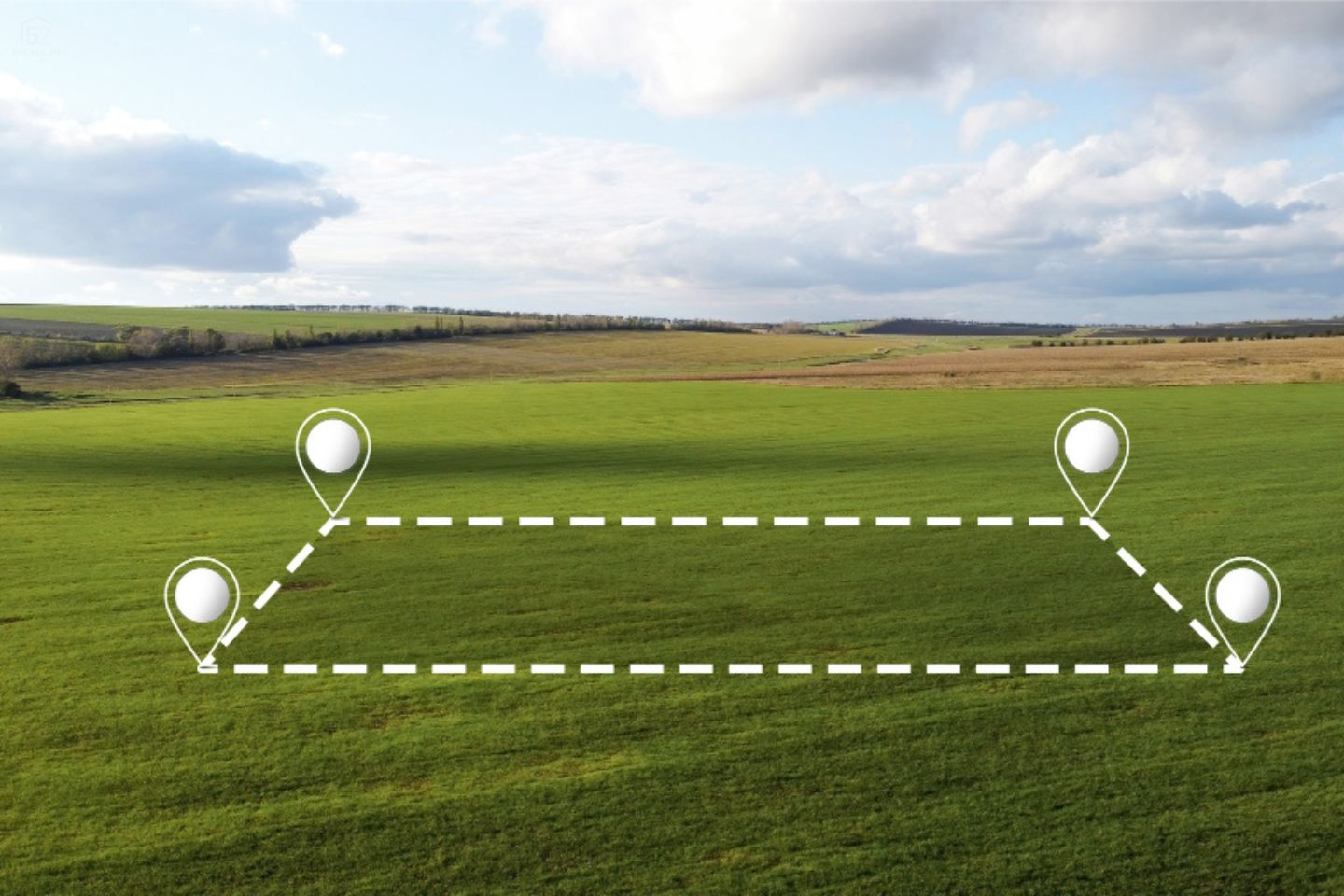
Plot Sale Process in Sonipat: From Spot Verification to Registration
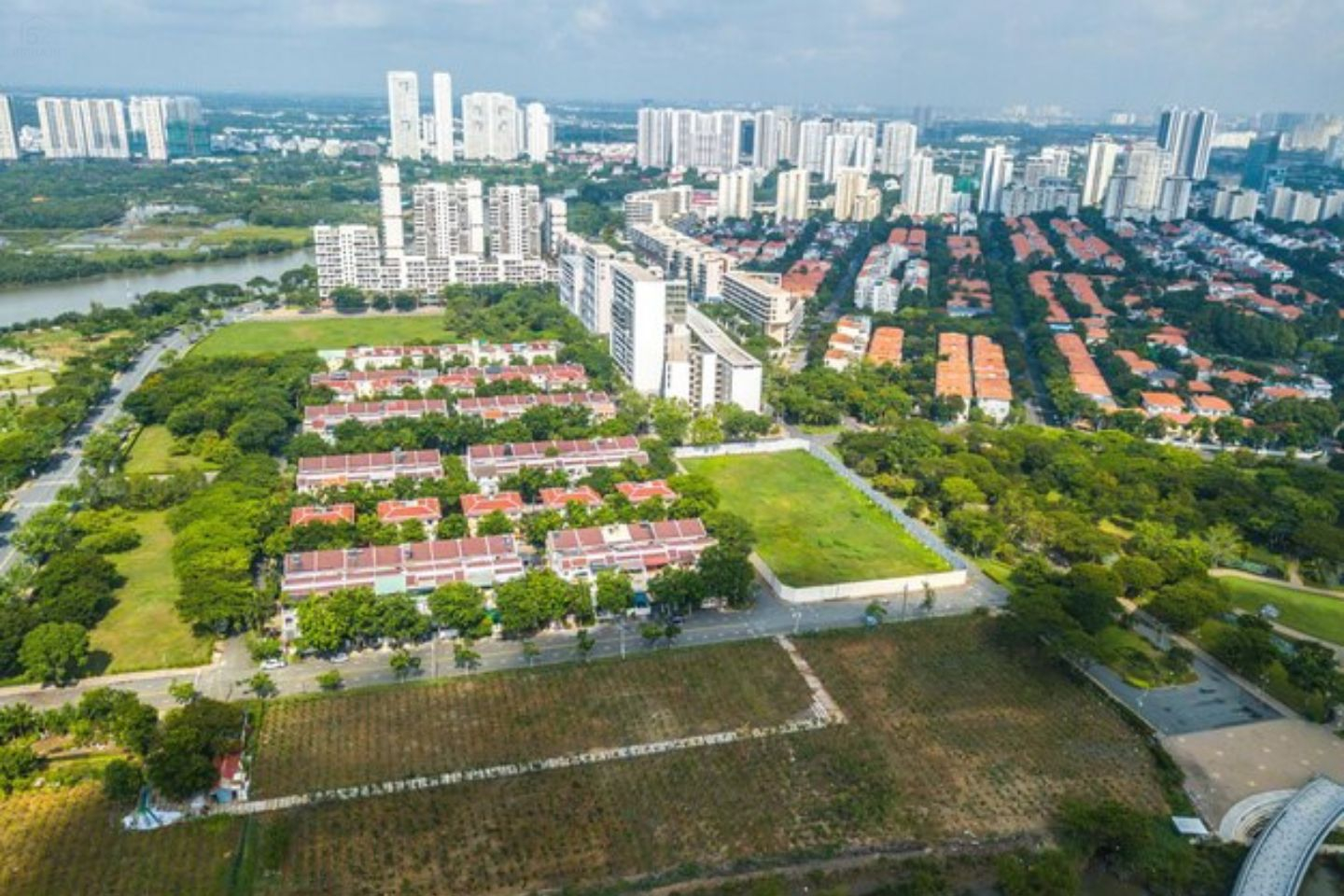
Why IMT Kharkhoda is the Next Big Real Estate Hub for Investors

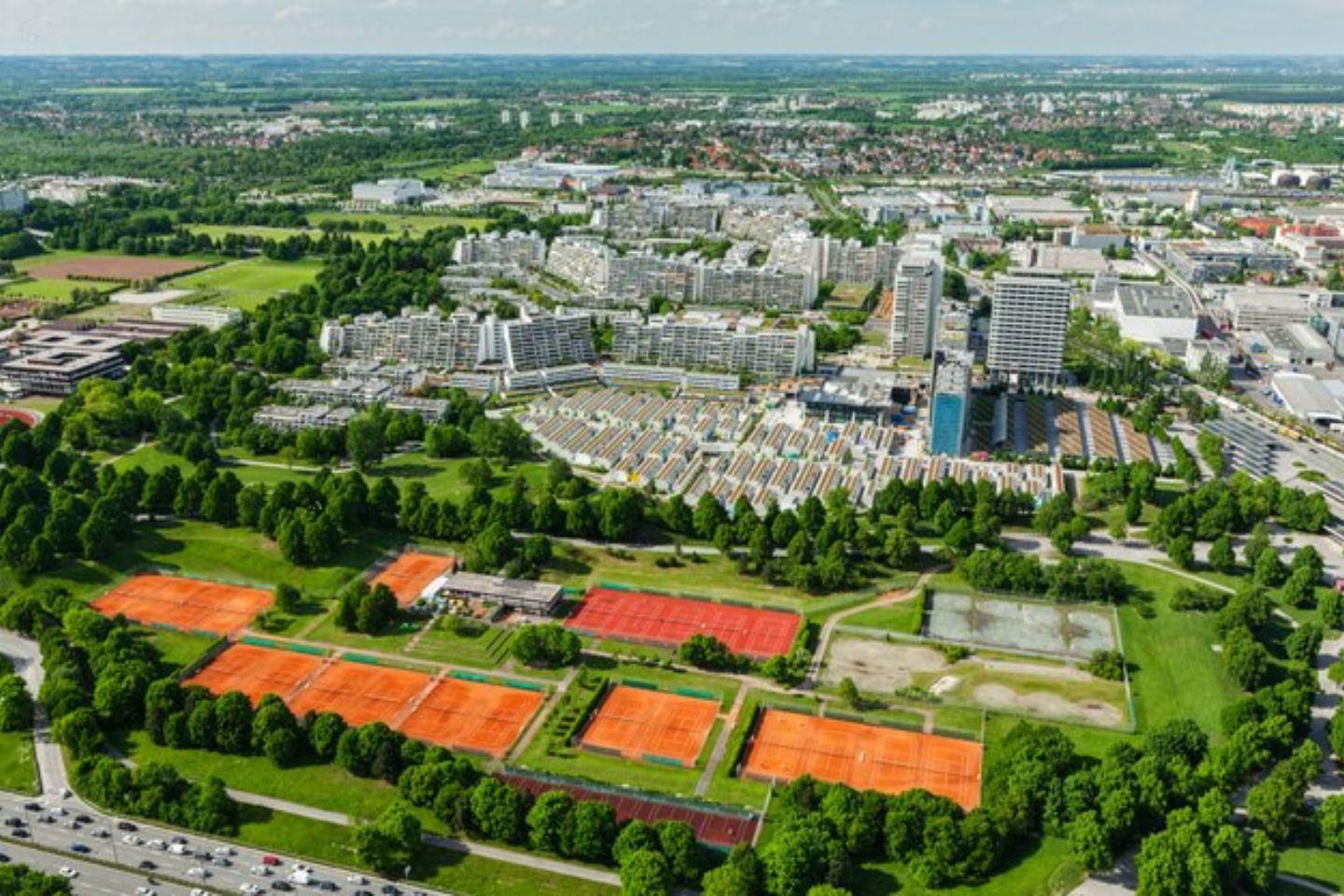
Residential vs. Commercial Plots for Sale in IMT Kharkhoda: Which is Better for You?
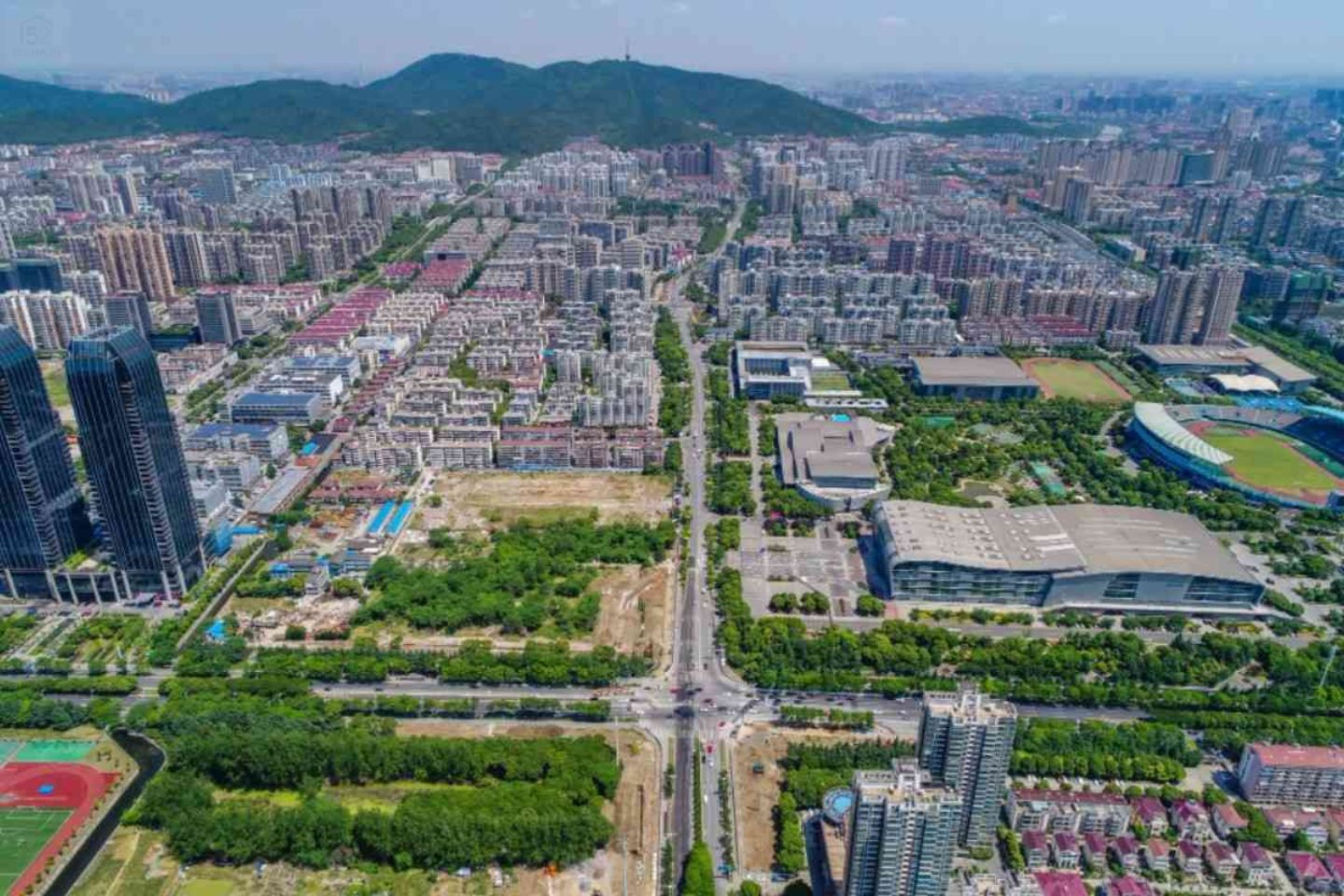
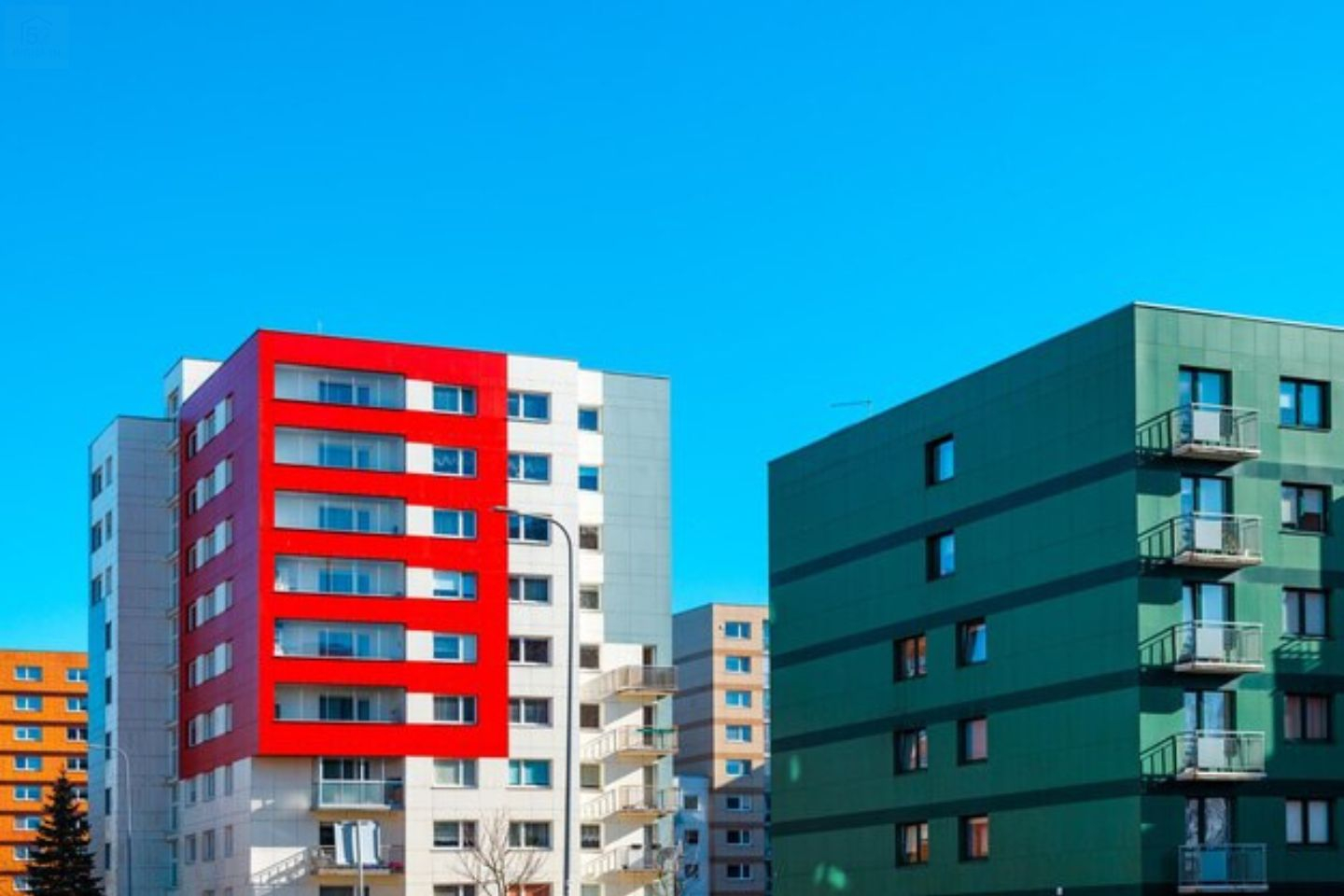






Join The Discussion